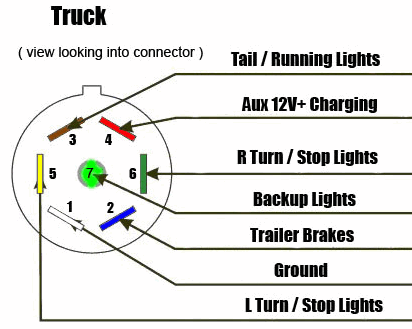Artfuldodger
Senior Member
Was in this discussion today with a mechanic and another guy who asked the question. He has a utility trailer or car hauler with a winch or something he uses to lift equipment.
He was looking for a way to charge his trailer's battery while going down the road. We discussed using the hot wire of the 7 pin connector but it doesn't have a very big wire. I did read this article where they ran a heavier hot wire from the truck's battery all the way to the rear bumper. We also discussed that this charging connection would not be used while using the trailer battery's winch/lift.
https://www.rvtravel.com/charging-your-trailer-with-your-tow-vehicle-alternator/
He was looking for a way to charge his trailer's battery while going down the road. We discussed using the hot wire of the 7 pin connector but it doesn't have a very big wire. I did read this article where they ran a heavier hot wire from the truck's battery all the way to the rear bumper. We also discussed that this charging connection would not be used while using the trailer battery's winch/lift.
https://www.rvtravel.com/charging-your-trailer-with-your-tow-vehicle-alternator/

